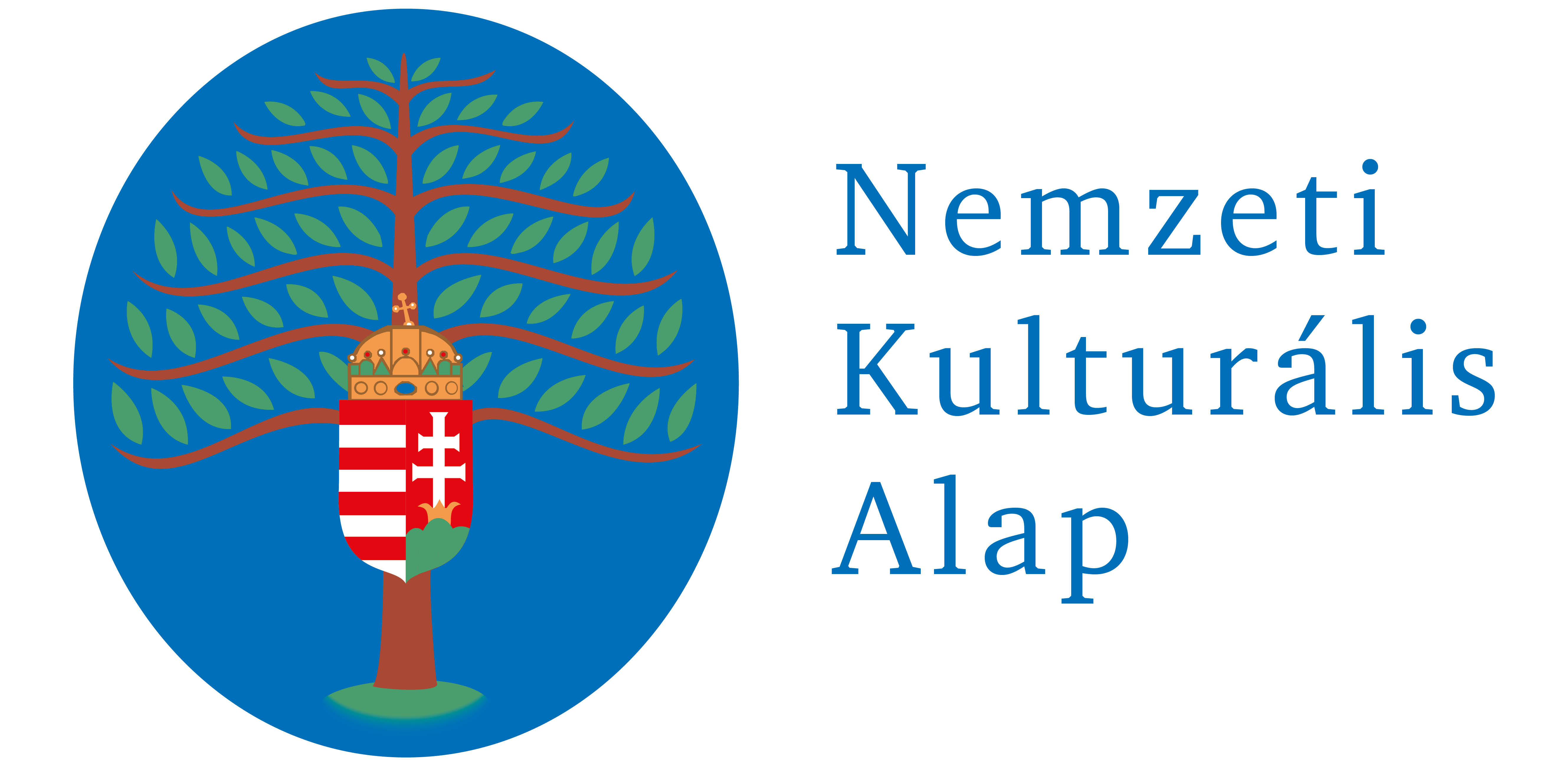Naptár
2024. április 15–19.
2024. április 20.
Eötvös József Kárpát-medencei középiskolai szónokverseny
2024. április 24. – május 3.
Tovább...
3. 2022.
Abstracts in English
Studies
Sipos, Zsóka
The impact of socioeconomic characteristics on the acquisition of reading skills based on a study for second grade students
The Meixner Foundation is conducting a multi-year research project to renew and re-evaluate the reading materials developed by Ildikó Meixner (1995). In May 2019, the results of 1,068 2nd graders were used to define new diagnostic criteria for poor reading performance in the Meixner Reading Test for this grade level in terms of speed, accuracy, and comprehension. Three test variants were used, differing in the subtests of reading and comprehension. The research also included the collection of data on some background variables that were considered significant for reading based on the literature. The present study compares reading indicators based on the results of 514 students from Test C with available socio-economic data. Correlation studies on groups based on the type of settlement and the mother′s education show that children have unequal chances to acquire reading at the instrumental level from the initial stage of schooling, after the acquisition of written language, due to different socio-economic characteristics.
Imrényi, András
Teaching syntax in the L1 classroom: where next?
Following up on a previous paper discussing challenges in L1 syntax teaching in Hungary, the paper considers alternative scenarios that may shape the future of this area. Possible scenarios that might change the status quo include i. the scaling down of explicit syntactic analysis in the L1 classroom, ii. replacing the traditional (dependency grammatical) approach by generative grammar, and iii. adjusting and deepening the existing analysis along the lines of a multi-dimensional, cognitive linguistic account. The paper makes the case for the third option, which would allow for the treatment of word order and the contribution of expressions (such as modal adverbs) that the traditional analysis disregards, all while preserving core tenets of the latter approach. The paper also demonstrates that the notion of predicates, the analysis of idiomatic constructions and the concept of syntagms raise issues that need to be addressed.
Workshop
Boronkai, Dóra
Game-based learning and mother tongue education in lower secondary teacher education
While play has long been used in the learning process, there is an increasing tendency to make the whole learning process play-based in the teaching of different subjects, including the mother tongue. The cross-curricular nature of game-based learning, whether offline or online, makes it suitable for the simultaneous development of different cross-curricular competences, such as reading comprehension and writing. These activities not only make learning more interesting, but also increase students′ motivation and achievement, thus motivating new generations. After an overview of game-based learning methodologies, the paper presents examples of how each type can be used in mother tongue education and how gamified assessment systems can be applied in pedagogical practice.
Gecsei, Edit
Teaching our linguistic heritage
Incorporating regional culture into the teaching of Hungarian offers diverse opportunities for language education and personal development. The Living in our Language module deals with teaching our linguistic heritage. Based on the observation of the permanence and change of language, we move from etymology to vocabulary building, from the recognition of the beauty of dialects to the community-building power of regional vernaculars. We learn about the thinking and life of our ancestors by exploring the layers of meaning in everyday life, food, human qualities and dramatic games. We will experience the playfulness and diversity of the vernacular by recalling ′folk and village ridiculers′ and language games. Understanding through experience, learning together, developing creativity and a sense of belonging are key elements in the teaching of linguistic heritage. The tasks are based on a variety of learning organisation methods, developing students′ text-comprehension, vocabulary competence, creativity, cooperation, value orientation, positive attitudes and tolerance.
Lovas, Anett Csilla
Paper theatre - a possible tool for teaching writing
The aim of this study is to review the current system of activities in the teaching of composition in lower secondary schools, the challenges it presents, and to provide novel methodological suggestions for the development of written composition. Paper theatre as a specific storytelling mode can also be attractive for children of the alpha-generation, and teachers can offer a variety of exercises in text design or editing in the mother tongue lessons through the use of sophisticated, detailed paper theatre images. The methodological suggestions presented in this study can be integrated into more traditional frontal classroom work, but their aim is not to reproduce the curriculum but to encourage imagination and creative thinking. Image-inspired text-making can have a developmental impact in a number of areas: enriching imagination, developing internal imagery, refining language expression, and making thinking more complex.














